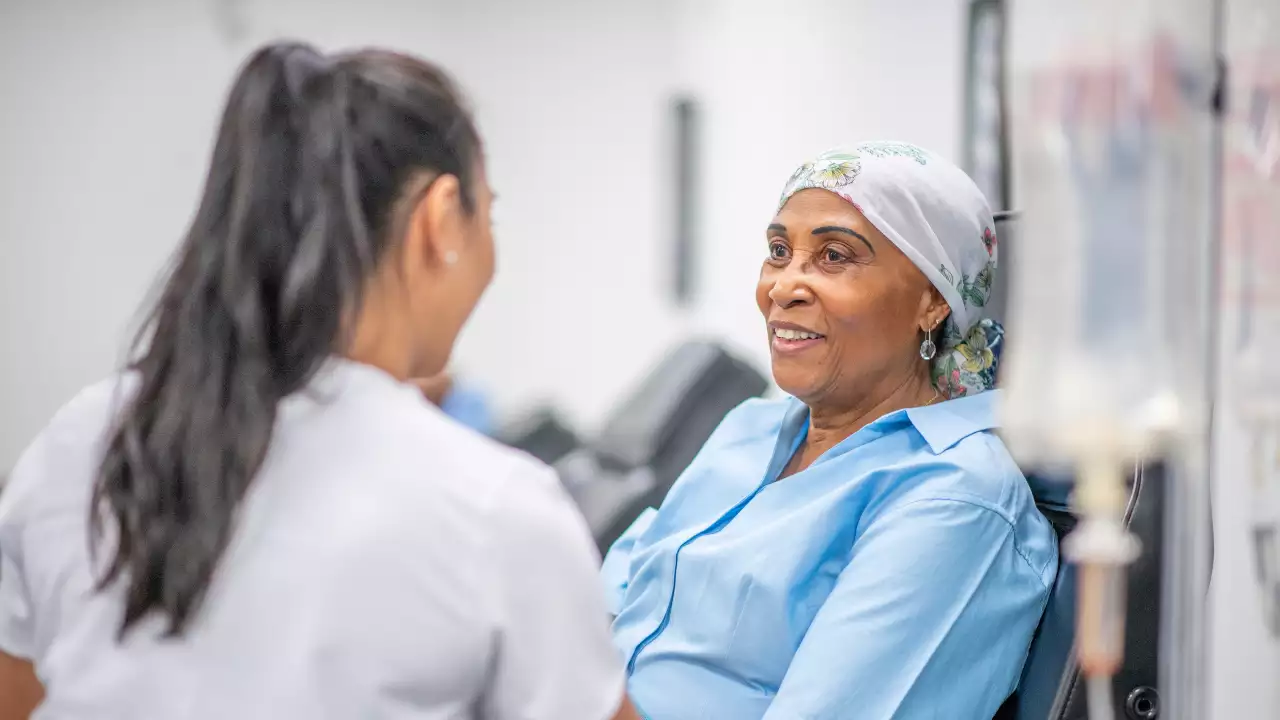In the global fight against cancer, India is emerging as a significant player, leveraging advanced diagnostics and innovative treatments to combat the growing burden of the disease. With a rising population and increasing cancer incidence, the nation has stepped up efforts to ensure timely detection and effective care. From state-of-the-art imaging technologies to groundbreaking therapies, India’s healthcare system is undergoing a transformation, aiming to provide comprehensive and personalized solutions for cancer patients.
Current Landscape
Dr. Sajjan Rajpurohit, Senior Director, Medical Oncology, Max Super Speciality Hospital, Shalimar Bagh, says that India has made significant strides in cancer diagnostics and treatment over the past decade. The country now boasts a range of advanced technologies and methodologies that enhance early detection and improve patient outcomes.
Comprehensive Diagnostic Tools
Imaging Techniques: He says that advanced imaging modalities such as PET-CT scans, MRIs, and high-resolution ultrasounds are widely used for accurate tumor localization and staging. These tools are essential for determining the most effective treatment plans.
Biopsy Techniques
According to Dr. Rajpurohit, traditional biopsies, along with minimally invasive options like fine-needle aspiration and core needle biopsies, allow for precise histopathological evaluation, which is crucial for accurate diagnosis.
Genetic Testing
He says that with the understanding that a significant percentage of cancers have a genetic component, genetic testing is becoming increasingly important. Tests that identify specific mutations can guide targeted therapies and help assess familial cancer risk, enabling proactive management.
Multidisciplinary Approach
Dr. Rajpurohit points out that cancer treatment in India often involves a collaborative approach among various specialists, including medical oncologists, surgical oncologists, and radiation oncologists. This teamwork ensures that patients receive comprehensive care tailored to their unique needs.
Current Treatment Modalities
- Chemotherapy and Radiation Therapy: He says that these remain the mainstays of cancer treatment. Chemotherapy uses cytotoxic drugs to target rapidly dividing cells, while radiation therapy employs high-energy rays to destroy cancer cells. Both modalities are often used in conjunction with surgery.
- Immunotherapy: This innovative treatment, as highlighted by Dr. Rajpurohit, harnesses the body’s immune system to fight cancer. Drugs like checkpoint inhibitors have shown promise in treating various malignancies, including melanoma and lung cancer.
- Targeted Therapy: He explains that targeted therapies focus on specific molecular targets associated with cancer. By attacking these targets, these treatments can be more effective and less toxic than traditional chemotherapy.
New Cancer Treatments Expected in 2025
Liquid Biopsies
Dr. Rajpurohit shares that liquid biopsies, which analyze circulating tumor DNA (ctDNA) in the blood, are expected to revolutionize cancer diagnostics. These non-invasive tests can provide real-time insights into tumor dynamics, treatment response, and potential recurrence, allowing for more personalized treatment strategies.
CAR-T Cell Therapy
He highlights Chimeric Antigen Receptor T-cell (CAR-T) therapy as a groundbreaking form of immunotherapy that modifies a patient’s T-cells to better recognize and attack cancer cells. By 2025, broader applications of CAR-T therapy are anticipated, particularly for hematological malignancies, and potentially for solid tumors.
Combination Therapies
According to him, the future of cancer treatment will likely involve combinations of immunotherapy, targeted therapy, and traditional treatments. This approach aims to enhance efficacy and reduce the likelihood of resistance, leading to better outcomes for patients.
Personalised Medicine
Dr. Rajpurohit envisions that advances in genomic profiling will enable oncologists to tailor treatment plans based on the genetic makeup of both the patient and the tumor. This precision medicine approach is expected to improve treatment efficacy and minimize side effects.
Enhanced Supportive Care
Dr. Rajpurohit emphasises the growing importance of holistic care, with greater emphasis on supportive therapies, including nutritional counseling, psychological support, and palliative care, to improve the overall quality of life for cancer patients.
Get Latest News Live on Times Now along with Breaking News and Top Headlines from Health and around the world.
